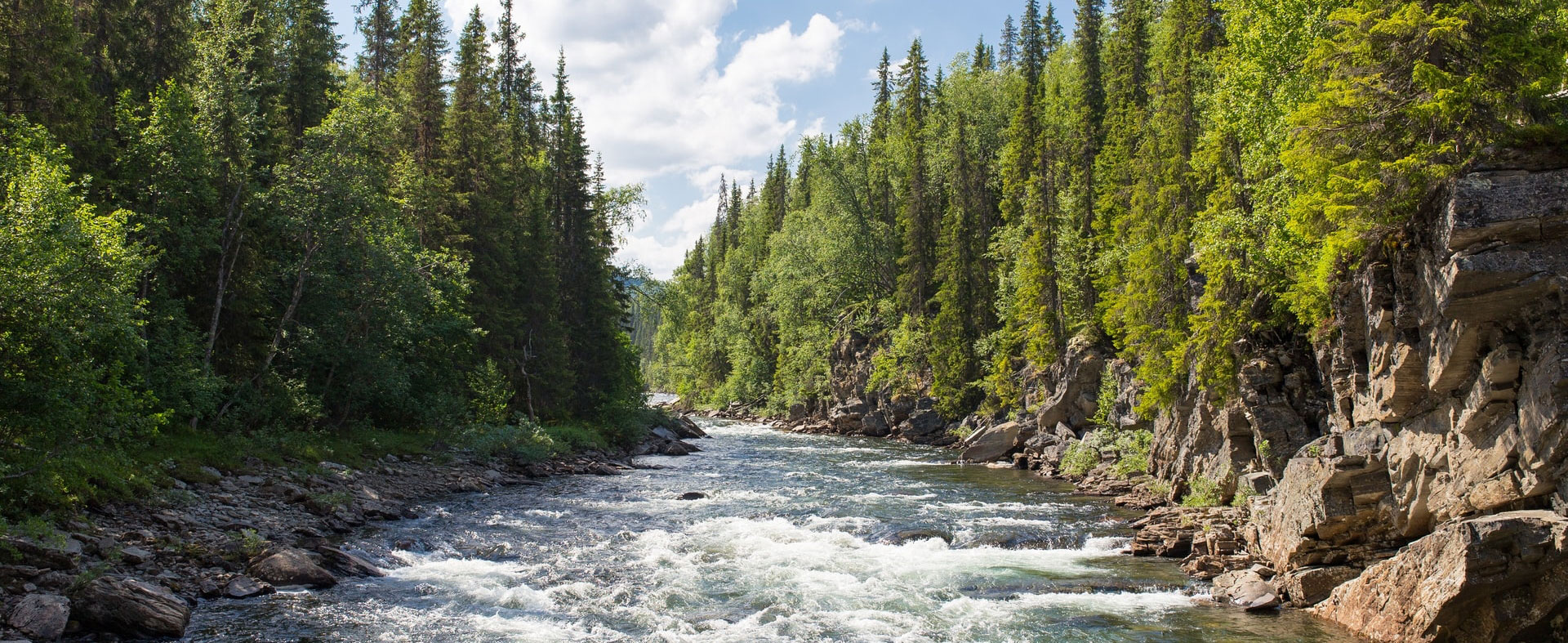Hydrogeologist
University of Nebraska | Posted Mar 3, 2025
Deadline: Mar 12, 2025
- Contact:
- email hidden; JavaScript is required
- Experience Level:
- 0-5 Years
- Link to Apply:
- Apply Now
Come join us as a Hydrogeologist! If you want to make a difference in the use and management of water resources in Nebraska, apply now. Located in North Platte, NE, which overlies the High Plains Aquifer and sits at the confluence of the North and South Platte Rivers. This area of Nebraska includes dryland and irrigated landscapes and is near the groundwater-fed streams of the Nebraska Sandhills.
The Conservation and Survey Division (Nebraska Geological Survey), the natural resource survey component of the School of Natural Resources, is a unique, multi-disciplinary research, service and data-resource organization. The Division’s mission is to investigate and record information about Nebraska’s geologic history, its rock and mineral resources, the quantity and quality of its water resources, land cover and other aspects of its geography, as well as the nature, distribution and uses of its soils.
As a Survey Hydrogeologist, you will:
- Conduct applied research on hydrogeology and geology .
- Assist in implementing and maintaining Conservation and Survey Division’s databases, web services, and ongoing research programs to be used in water resources management, research, and education.
- Provide technical support to state and local agencies, including the Natural Resources Districts, in the west-central area of Nebraska.
- Participate in the geologic mapping program.
- Prepare formal and informal technical reports and presentations on water resources projects and issues. Develop and deliver programs/activities related to hydrogeology, sustainable use of groundwater, and quantity and quality of groundwater.
- Provide water resources service to governmental and educational agencies, industry, and the general public.
- Assist public and governmental agencies in developing programs to monitor and manage water and other natural resources.
- Respond to questions by evaluating and interpreting data.
- Present findings at various venues including seminars, workshops, guest lectures, and national scientific meetings.
- Work collaboratively with School of Natural Resources Environmental Science faculty and Conservation and Survey Division personnel.
